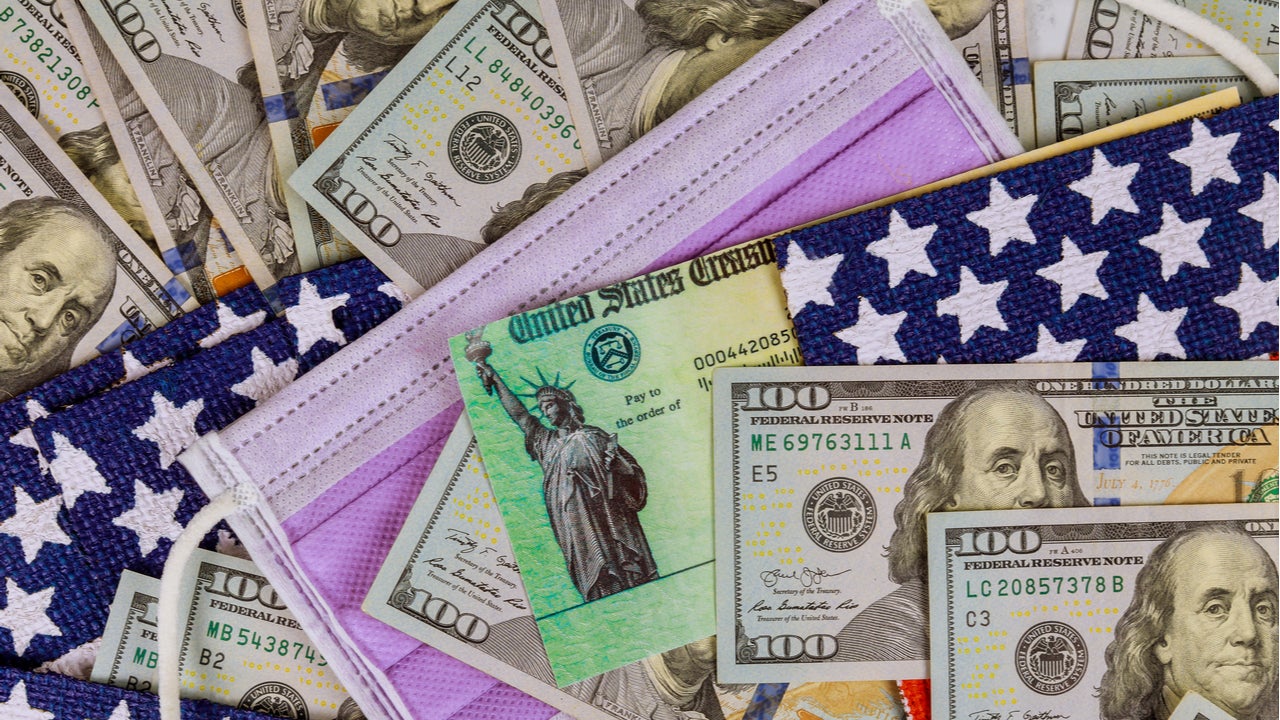Economists believe there are no signs of investors bracing for any big stock-market price moves as a result of the symposium. Regardless of the Fed speech, Covid-19 developments are expected to be continuously tracked.
Lawrence Lepard
Lawrence Lepard, managing partner at Equity Management Associates, retweeted an article shared by stock analyst Jeb Hangwerger on investors awaiting tapering clues as the US Fed moves Jackson Hole online due to the Delta variant. Policymakers from around the world are now waiting for the monetary policy symposium in the Wyoming resort town to kickstart next week for hints on how rising US coronavirus cases will affect the debate over when to start scaling back monetary stimulus.
Hosted by the Kansas City Federal Reserve Bank, will see Fed Chairman Jerome Powell address the event on 27 August 2021, following Kansas City Fed stating that the health conditions would not allow for an in-person gathering.
Although investors are not expecting big market moves from Powell’s speech, they are expecting policymakers’ decisions on reducing asset purchases to be influenced by the recent surge in Covid-19 cases in the US.
A British study found the effectiveness of Covid-19 vaccines against the Delta variant to wane over time, as US authorities planned to administer 100 million vaccine booster shots in the fall and winter. Additionally, expectations of businesses and offices widely reopening in the fall have also begun to fade.
Fed moves Jackson Hole online due to delta variant – Monetary policy makers from around the world were set to gather in the Wyoming resort town for the Aug. 26 kickoff of the annual symposium now will take place virtually due to delta variant. Taper? https://t.co/eiR2M5xejb
 GlobalData Strategic Intelligence
GlobalData Strategic IntelligenceUS Tariffs are shifting - will you react or anticipate?
Don’t let policy changes catch you off guard. Stay proactive with real-time data and expert analysis.
By GlobalData— Jeb at Goldstocktrades (@goldstocktrades) August 23, 2021
Wonk Monk
Wonk Monk, an economic policy activist, shared an article on US labour productivity having grown quickly during the Covid-19 pandemic compared to the past decade. However, economists believe that this rapid pace is unlikely to be sustained. Like the Great Recession, the strong productivity growth is caused by cyclical effects that are likely to unwind as the economy continues to recover.
Evidence shows that the number of workers has fallen, so the capital per worker has risen, raising labour productivity in the short term. However, what effect the pandemic might have on the productivity is still uncertain.
Economists also state that the spikes over the recent decades and the pandemic indicate a rise in productivity due to a contraction in economic activity. As a result, the recent fluctuations are no unusual efficiency gains that are taking place during the pandemic.
"U.S. labor productivity has grown quickly during the pandemic"
"Similar to the Great Recession, the primary reasons for strong productivity growth now are cyclical effects that are likely to unwind as the economy continues to recover."https://t.co/9QI0XsLSLu pic.twitter.com/TlnoKWz0SR
— wonkmonk (@wonkmonk_) August 22, 2021
Arindrajit Dube
Arindrajit Dube, a professor of economics at the University of Massachusetts Amherst, tweeted on extending the pandemic unemployment insurance (UI) at least in some form at this time due to the re-emergence of the virus strain in the US. He quotes other economists who have expressed similar opinions about UI support in current times.
Peter Ganong, a public professor at the University of Chicago, states that there is enough evidence that the pandemic programmes have had little impact on job growth and its surprising that the Biden administration and Democrats are doing nothing to implement a policy that will contribute to workers’ welfare and stability.
Economists are less convinced that despite more job openings, and Americans rushing to take advantage of the pandemic bargaining power, it is less likely to last. According to statistics, 10.1 million job openings were recorded at the end of June, indicating that for every available 100 jobs only 94 unemployed people were available.
Yes, I am one of a number of economists who have argued that extending of pandemic UI at least in some form at this time makes sense, esp in middle of Delta. Here another economist who has done a lot of work on UI (@p_ganong) who says something similar.https://t.co/Qp3gxeihJW pic.twitter.com/jzef78wHhq
— Arindrajit Dube (@arindube) August 22, 2021




